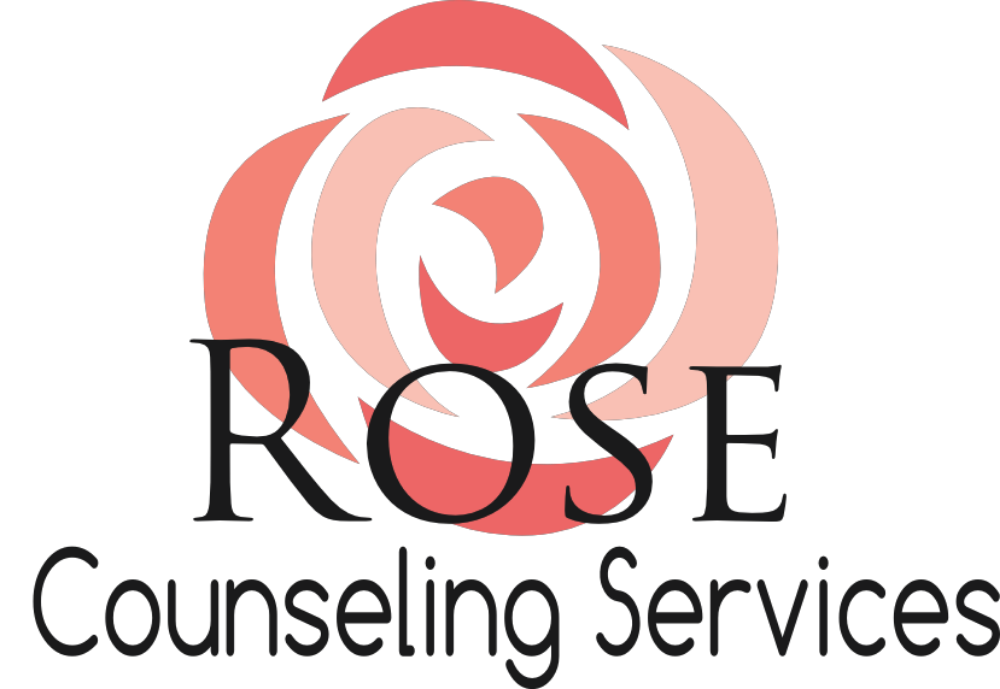How often do you ever hear someone say this to another person? Hardly ever! I think humans are conditioned to present the best side of themselves at all times. But why? What is so difficult about allowing other people to see ALL of who we are?
There seems to be a lot of shame and embarrassment about the negative emotions, behaviors, and thoughts that we all at times experience. Things like anxiety, sadness, addictive behavior, anger, insecurity and relationship problems are pretty common place. They are so common that, according to a survey done in 2014 by the National Institute for Mental Health, 1 out of 5 U.S. adults experience what is classified as “mental illness” in any given year. Just so I’m clear, simply having some symptoms of anxiety, sadness, etc., does not necessarily mean a person has “mental illness.” I share this statistic just to demonstrate how common these issues are.
www.nami.org
If 20% of people are experiencing a diagnosable mental illness, then how many more people are at least having some of those same symptoms, even if it doesn't meet criteria for a full "mental illness?" A lot of people, yet so many often feel alone in experiencing things like depression and anxiety. The same survey indicated that only 41% of those with “mental illness” have received mental health services in the last year. One of the main reasons cited was because of the shame and stigma attached to having a mental health condition. No one wants to wear this label and carry the negative perceptions and attitudes that come with it.
Choosing not to seek help is horribly isolating and worsens the situation, yet I’ve worked with many clients who have suffered in silence for years before getting help. This saddens me, but to be honest, I understand why. We live in a society where self-confidence, success, and stability are highly praised, and where various forms of media criticize and exploit even the most minor of flaws and offenses. This creates the false impression that to experience things like anxiety, addiction, or depression aren't "normal" or "okay." Our culture frequently treats the issues of anxiety, emotional instability, addiction, and depression like personal defects, rather than afflictions. If someone has an emotional problem, often people are told by loved ones not to talk about it, to “get over it,” or to “focus on something else.” If that were helpful treatment, that would be awesome! People would get better simply by doing those things. But in reality, most of the time that just isn't the answer.
Most people can easily see how taking care of your physical health is necessary. We don't dispute that or dismiss any efforts for physical wellness as a waste of time. Many people openly talk about physical health and encourage each other’s wellness in this area. We can see this, for example, in how people discuss weight loss, exercise, and dieting and will post about it on social media or join programs and organizations for those activities, and it is commonly accepted and encouraged to do so. It is a very beneficial thing that helps people reach their goals for their physical health.
I want to encourage you to think of your mental health, and the mental health of others in a similar way. Your mental wellness affects your ability to fully enjoy and function in your family life, work life, and have good physical health. Mental health focuses on the health of the mind. Our minds are a key part of who we are as people and what makes us human. Our minds are designed for emotions, thoughts and behaviors, which is the focus of mental health. We all feel, think, and behave in ways that we don't always like or understand, but we do have the ability to improve in these areas. If we take the time to address issues in our mental health, it just makes sense that we would be happier and better functioning overall. We should take care of our mental health and treat the mental health of others with sensitivity. We should not view mental health issues as a source of shame and something to be stigmatized. I challenge you to think of your mental wellness as an important part of your overall wellness.
The next time you feel alone with your struggle, however big or small it is, just remember that you aren't as alone as you think. Talk to someone you trust, get online and find information, read a book, go to church, take some time to reflect, do what helps you solve the problem. And then, go ahead and feel good about yourself for taking charge of your mental health!
For more information about U.S. mental health statistics please visit the National Mental Health Institute website at the following link http://www.nami.org/Learn-More/Mental-Health-By-the-Numbers



